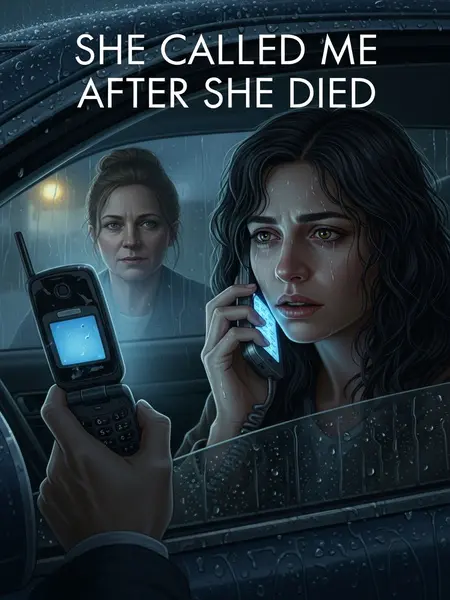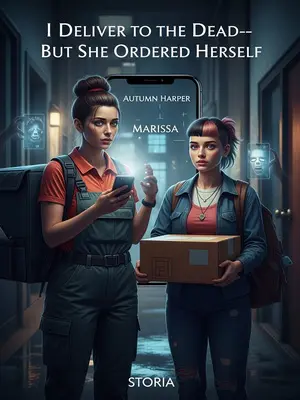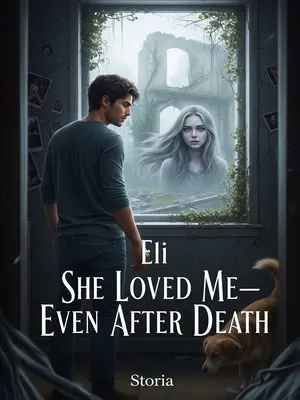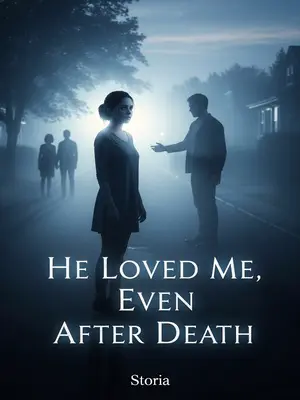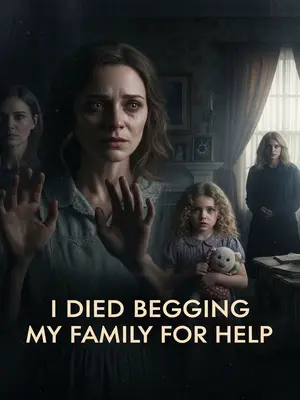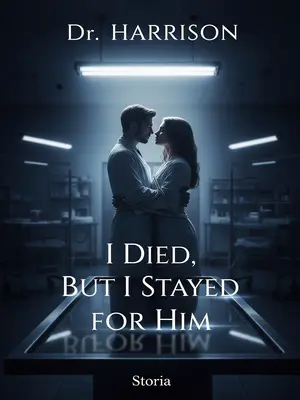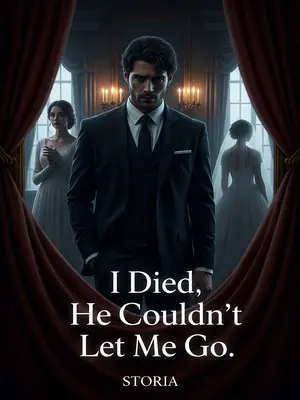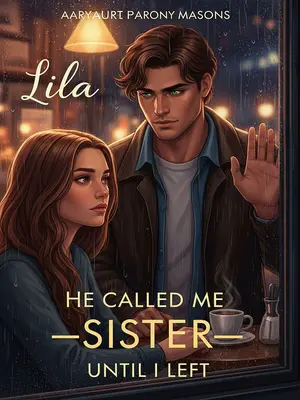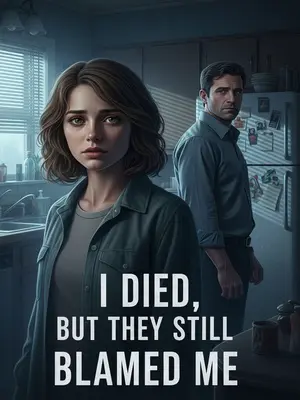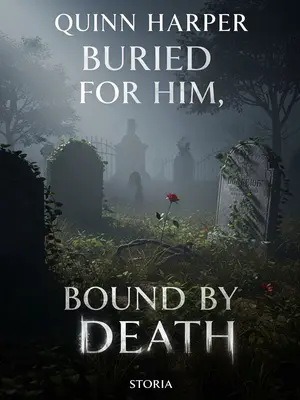Chapter 3: The Night Shift Killer
Since it was a murder case, there had to be some record. After hanging up with my aunt, I searched the news online.
My hands shook as I typed. The keys clacked loud in the silence of my room. I felt like a detective in a bad TV drama, chasing ghosts.
I typed in "2005 Toledo murder case" and, sure enough, found it.
The headline jumped out at me: “Woman’s Dismembered Body Found in Trash Bags—Police Seek Public’s Help.” My stomach twisted.
At 6 a.m. on August 14 that year, an elderly man named Mr. Young found a black trash bag while cleaning up behind the apartments. When he opened it, he found what he thought was fresh pork.
The gruesome details made my skin crawl. I tried to picture Mr. Young, just some old-timer out for his morning walk, stumbling on something that would haunt him forever.
Thinking he’d lucked out, he brought it home. But when he looked closer, he found a severed woman’s finger, still painted with bright red nail polish.
I gagged. The image was too vivid. I could almost see the chipped polish, the way my mom used to paint her nails on Saturday nights, humming along to the radio.
Mr. Young went pale. With his neighbor’s help, he called the police immediately.
I pictured the panic, the neighbors crowding around, the sirens in the distance. It was the kind of thing that changed a neighborhood forever.
The police searched the area and found several more bags of body parts nearby.
Each sentence in the article felt like a punch to the gut. I tried to keep reading, but my eyes kept blurring with tears I refused to let fall.
Pieced together, they formed a complete female body—except for the head.
The horror of it settled over me like a heavy blanket. I imagined the investigators, gloves on, faces grim, trying to put the pieces back together.
The victim was estimated to be between 25 and 30, about 5'3", weighing around 110 pounds.
That matched what little I knew of my mom. The details were clinical, almost cold, but they cut deep.
Distinctive features: a mole the size of a pea on her waist, and an old burn scar on her left ring finger.
I remembered Aunt June once telling me about the time Mom burned her hand on the oven—how she’d laughed it off, making jokes about being a “tough broad.”
She was found naked.
The word felt like an accusation, as if the world itself had stripped her of dignity, even in death.
The police released partial photos and a public notice for identification.
I imagined the flyers tacked up around town, the local news anchors reading her description in somber voices. All those strangers, learning about her for the first time.
Soon, my grandma’s family went to claim my mom’s body. My aunt even slapped my dad at the scene, cursing him for being a lousy husband.
I pictured the chaos—Grandma sobbing, Aunt June raging, Dad shrinking back, ashamed but too cowardly to admit it. The kind of family drama that never made the news.
After that, the police launched a full investigation.
I wondered how many detectives pored over the case, how many leads went cold. Did any of them really care, or was she just another file in a stack?
On the night of the 13th, my mom finished her night shift and parted ways with her coworker at the factory’s west gate. It was a half-hour walk from there to our home, but the dumping site was dozens of miles away.
I tried to picture the route she took—rain pelting down, her shoes squelching in the mud, maybe clutching her purse tight. Did she know she was being watched?
It had rained heavily that night, and the only two security cameras were blurred by the downpour, showing nothing useful.
Of course. The one night she needed protection, the cameras failed. It was like the world itself had conspired to leave her alone.
Neither canvassing the area nor searching the dump site turned up any leads.
The case file must have grown thick with dead ends, pages yellowing with time. I wondered if any of those cops still thought about her.
They never found my mom’s head.
That fact haunted me more than anything. I kept thinking about her smile, her laughter, all erased. I wanted to scream at the injustice of it all.
The case faded from the headlines, becoming a twenty-year-old cold case.
It was just another tragedy, lost in the shuffle of time. But for me, it was everything.
After reading the news, I felt a chill down my spine.
I wrapped my arms around myself, shivering even though the room was warm. The world outside felt distant, unreal.
By now, the sky outside had darkened. The sun had set, leaving only a faint yellow glow at the horizon.
I watched the last light fade through the window, feeling like I was watching hope itself slip away.
A wave of indescribable sadness washed over me as I thought back on the past twenty years.
I tried to remember the good times. All I found were gaps—places where Mom should have been, laughter that never happened.
